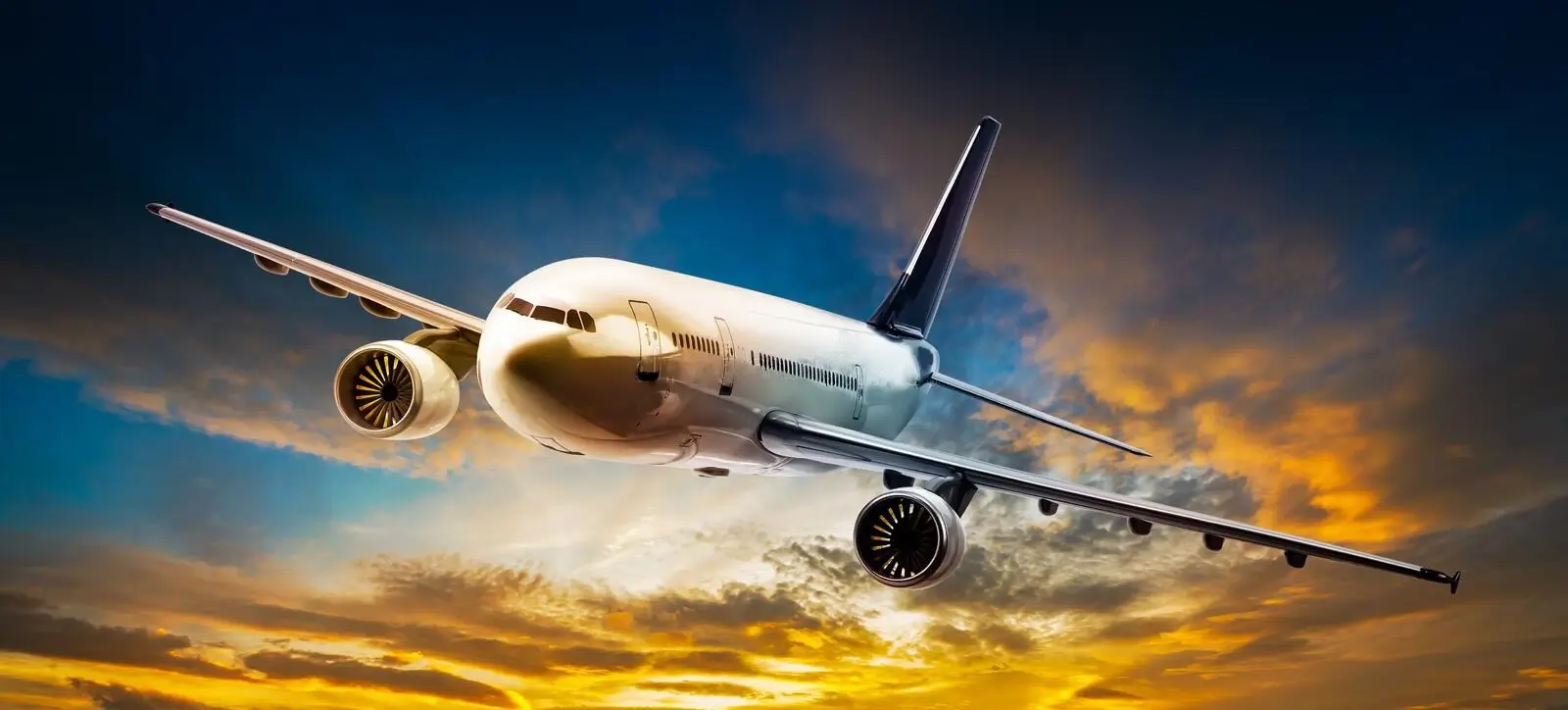Nairobi, the capital city of Kenya, is a vibrant and bustling metropolis known for its rich history, diverse culture, and stunning natural beauty. Here's a detailed overview of Nairobi:
- Location and Geography: Nairobi is located in the southern part of Kenya, in the East African region known as the African Great Lakes region.
- History: Nairobi's history dates back to the late 19th century when it was established as a railway depot during the construction of the Uganda Railway.
- Culture and Diversity: Nairobi is a melting pot of cultures, languages, and ethnicities, with over 40 different tribes represented in the city.
- Economy: Nairobi serves as the economic hub of Kenya and East Africa, hosting numerous multinational corporations, financial institutions, and international organizations.
- Tourist Attractions: Nairobi National Park: A unique wildlife reserve located within the city limits, where visitors can see lions, giraffes, rhinos, and other animals against the backdrop of the city skyline.
- Transportation: Nairobi is well-connected by air, with Jomo Kenyatta International Airport serving as the main gateway to the city and the region.
- Safety: Like any major city, Nairobi has its share of crime and security concerns, particularly in certain neighborhoods.
- Climate: Nairobi has a temperate climate characterized by mild temperatures year-round.













